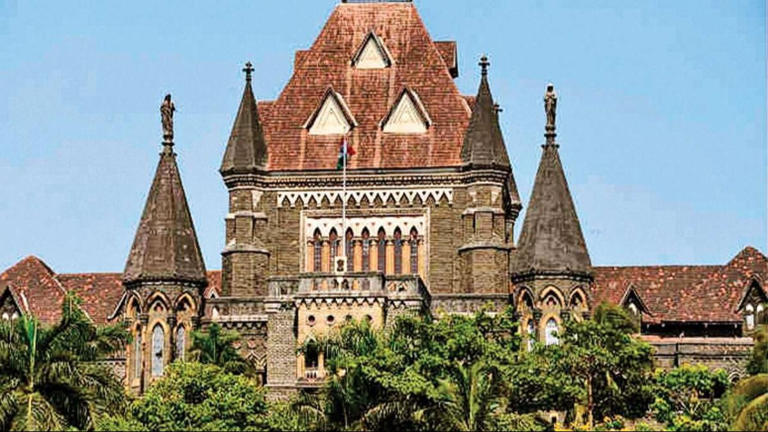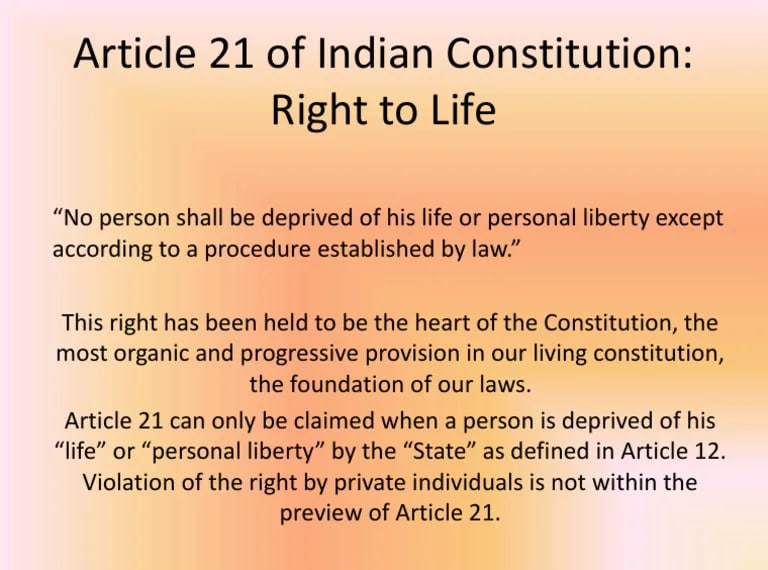Free Courses Sale ends Soon, Get It Now


Free Courses Sale ends Soon, Get It Now



Copyright infringement not intended
Picture Courtesy: https://www.msn.com/en-in/news/India/right-to-sleep-basic-human-requirement-can-t-violate-it-court-tells-ed/ar-BB1lGdUP
Context: The Bombay High Court upheld the right to sleep as a basic Human Right under Article 21, criticising the Enforcement Directorate for questioning a senior citizen overnight.
Details
Case Context - Senior Citizen's Plea
Criticism of Questioning at Late Hours
|
Respecting Human Dignity and Rights The High Court's stance underscores the importance of upholding human dignity and respecting individual rights, including the right to sleep, in the course of legal proceedings. This approach aligns with broader principles of ensuring fairness and decency in law enforcement practices. |
Legal Basis - Article 21 of the Constitution
|
Impact of Lack of Sleep on Health and Cognition ●The High Court emphasised that lack of sleep can significantly affect a person's health and cognitive abilities. Sleep deprivation can impair mental faculties and cognitive skills, potentially compromising the ability of individuals to effectively participate in legal proceedings. |

Landmark cases that contributed to the recognition of the right to sleep as a fundamental right under Article 21 of the Constitution in India include:
Sayeed Maqsood Ali v/s State of Madhya Pradesh (2001)
Re-Ramlila Maidan Incident v/s Home Secretary (2012)
Conclusion
Must Read Articles:
Source:
|
PRACTICE QUESTION Q. Which landmark Supreme Court case established that the right to life under Article 21 includes the right to live with dignity? A) Kesavananda Bharati v/s State of Kerala B) Maneka Gandhi v/s Union of India C) Olga Tellis v/s Bombay Municipal Corporation D) M.C. Mehta v/s Union of India Answer: B |
© 2024 iasgyan. All right reserved